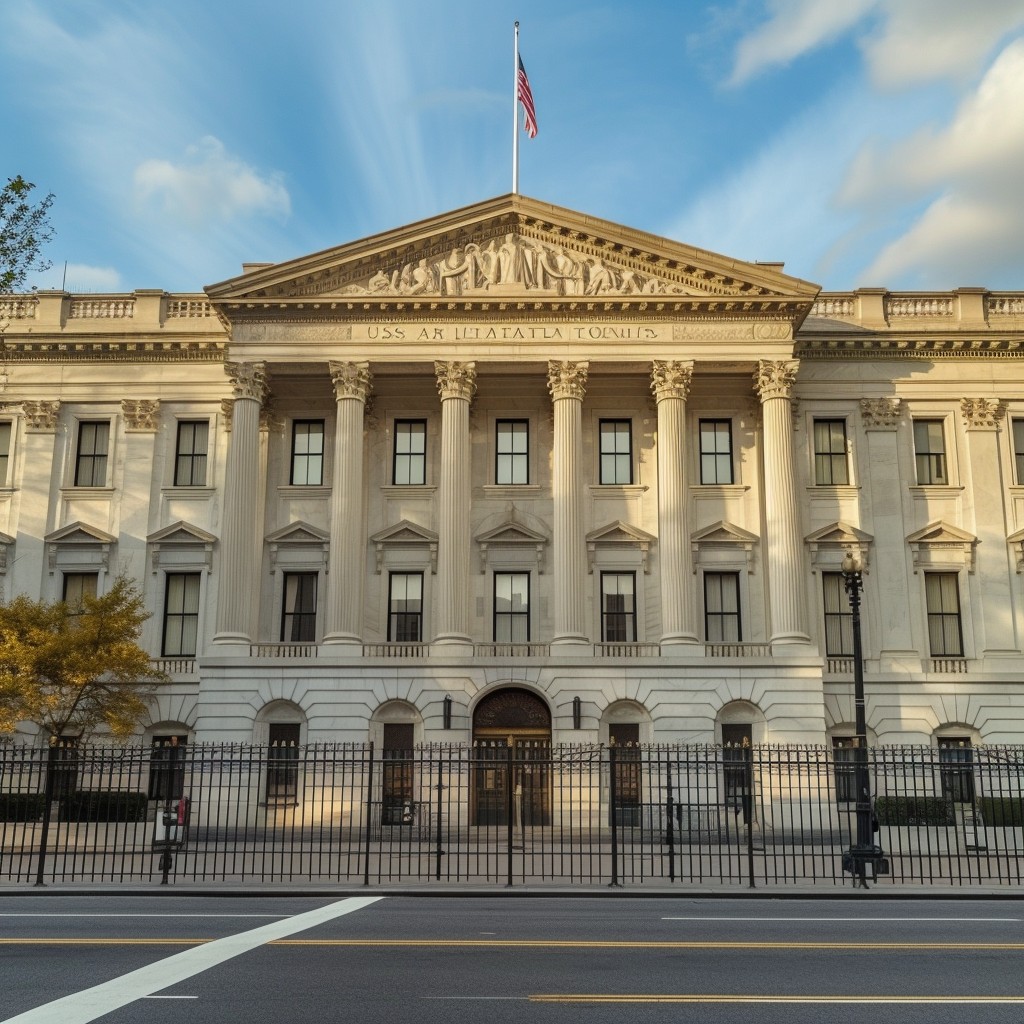The U.S. Treasury Department has issued its 2024 National Risk Assessments on Money Laundering, Terrorist Financing, and Proliferation Financing, highlighting ongoing challenges and emerging trends in illicit finance within the United States. Despite illicit actors’ growing use of cryptocurrencies, the Treasury emphasizes that cash remains the preferred tool for money laundering and terrorist financing.
Rising threat of digital assets
While fiat currencies remain the predominant medium for illicit finance, the Treasury notes an escalating threat posed by digital assets. Fraud, particularly through investment schemes and healthcare fraud, remains the leading cause of money laundering activities, with technological advancements facilitating new avenues for fraud, such as telemedicine and virtual asset scams.
Terrorist financing through virtual assets
Terrorist groups like ISIS and Hamas are increasingly utilizing virtual assets for funding, raising concerns among lawmakers. Recent reports have highlighted instances of militant groups leveraging cryptocurrencies as a financing tool, with direct solicitation of funds and attempts to transfer funds to these groups being common transactions, often conducted using cash, registered money services businesses, and virtual assets.
Challenges of decentralized finance (DeFi) and stablecoins
The Treasury underscores the challenges posed by decentralized finance (DeFi) platforms, which are obligated to comply with anti-money laundering (AML) and counter-financing of terrorism (CFT) regulations under the Bank Secrecy Act (BSA).
Despite these requirements, many DeFi services exhibit significant compliance shortfalls, enabling exploitation by illicit actors. Additionally, the increased use of stablecoins, particularly dollar-based stablecoins, has drawn regulatory scrutiny due to anonymity and regulatory oversight concerns.
Land a High-Paying Web3 Job in 90 Days: The Ultimate Roadmap
